Tricycle - The Thukdam Project, by Daniel Burke
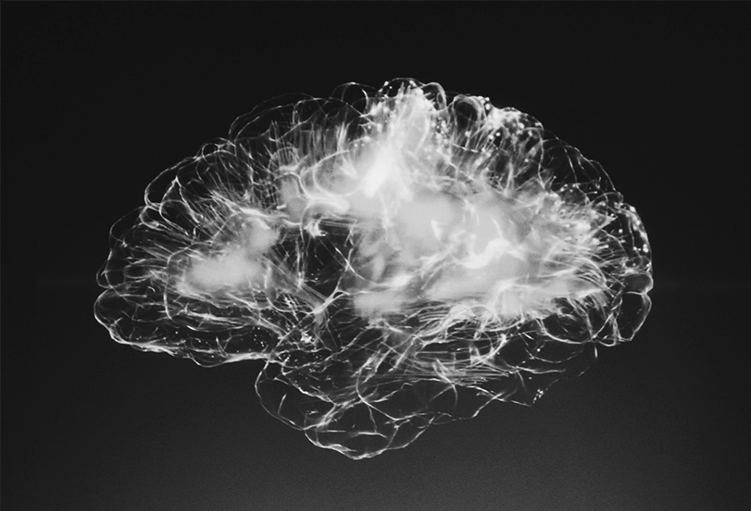

LiveScience - Why Does Christianity Have So Many Denominations?, by Donavyn Coffey.
There are more than 45,000 denominations globally.
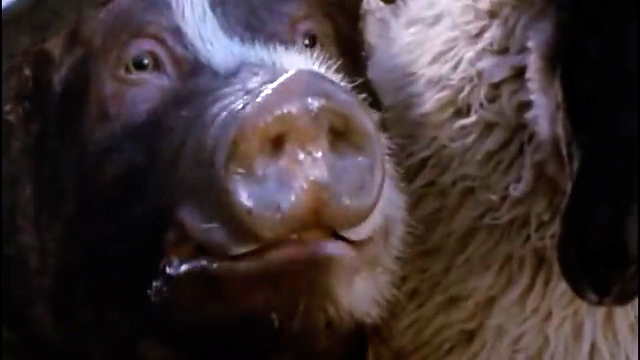
YouTube - Animal Farm
George Orwell's alegorical novel about the rebellion of farm animals against the tyranny of human oppression. The film version of this novel illustrates the cyclical nature of the self, who in need of throwing off the oppression of others for the beauty of freedom and equality, when confronted with a newfound sense of self-possessed authority, one becomes the tryannical oppressor.
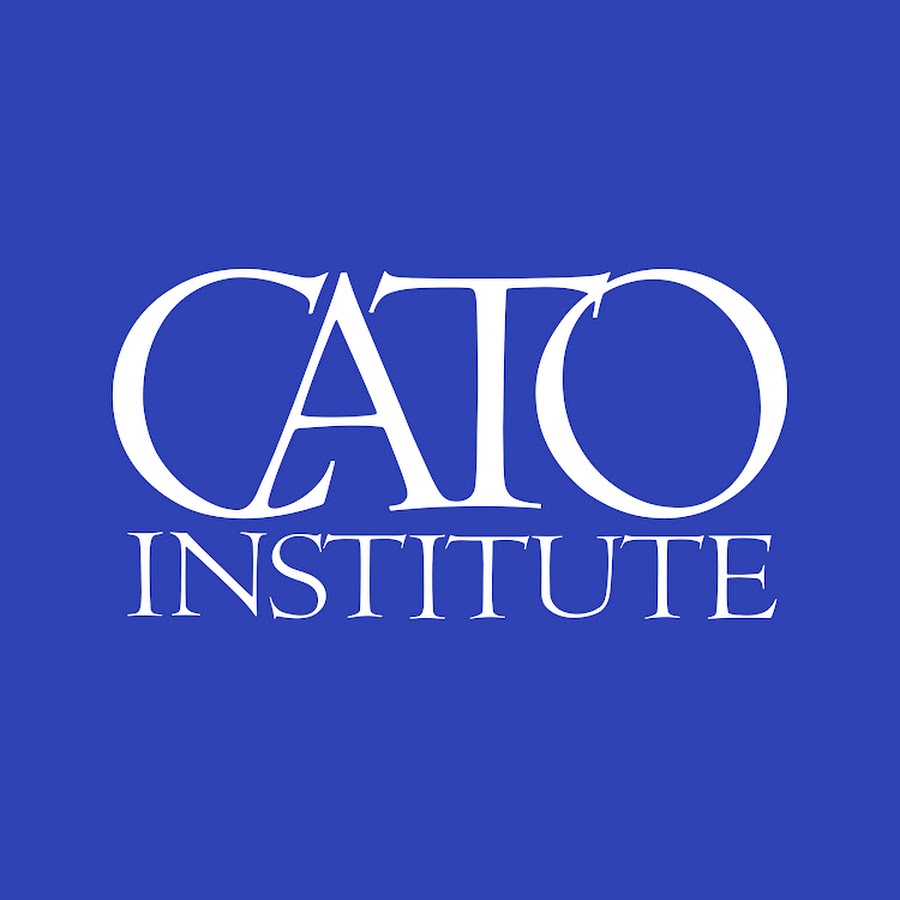
CATO INSTITUTE - Key Concepts of Libertarianism, by David Boaz.
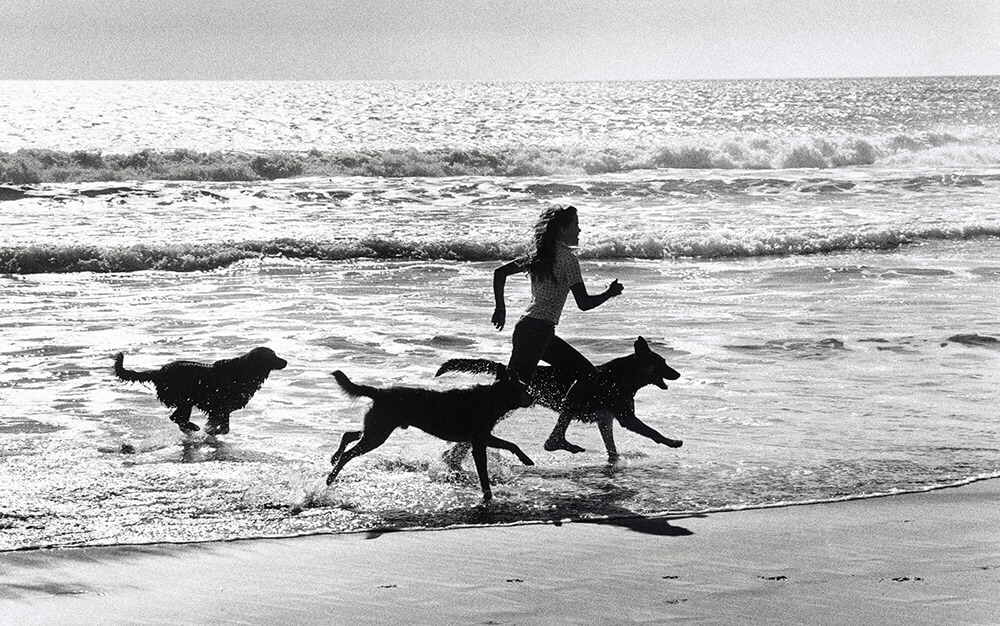
Aeon - The Joy of Being Animal, by Melanie Challenger. Human exceptionalism is dead: for the sake of our own happiness and the planet we should embrace our true animal nature.
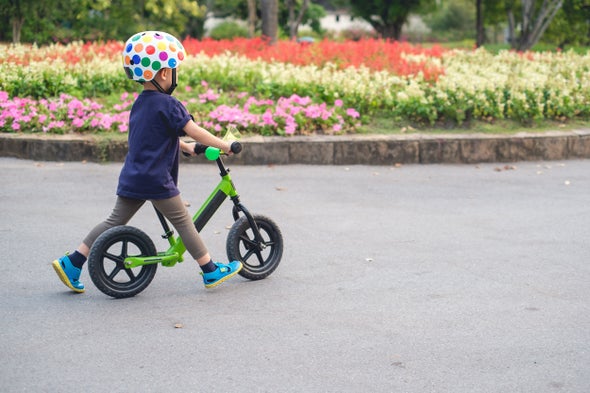
Scientific American - Our Brain Typically Overlooks This Brilliant Problem-Solving Strategy, by Diana Kwon.
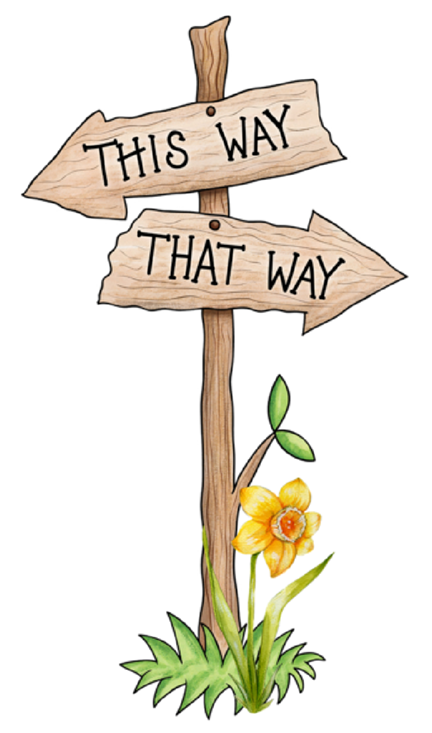
Psychology Today - Heuristics Are the Building Blocks of Human Behavior, by Matt Grawitch, Ph.D.
Consider the following scenario: you are watching a movie in your living room. One of the supporting characters is played by someone who looks familiar, but you can’t quite put your finger on where you’ve seen that person before. It will drive you crazy until you figure it out, so what do you do?
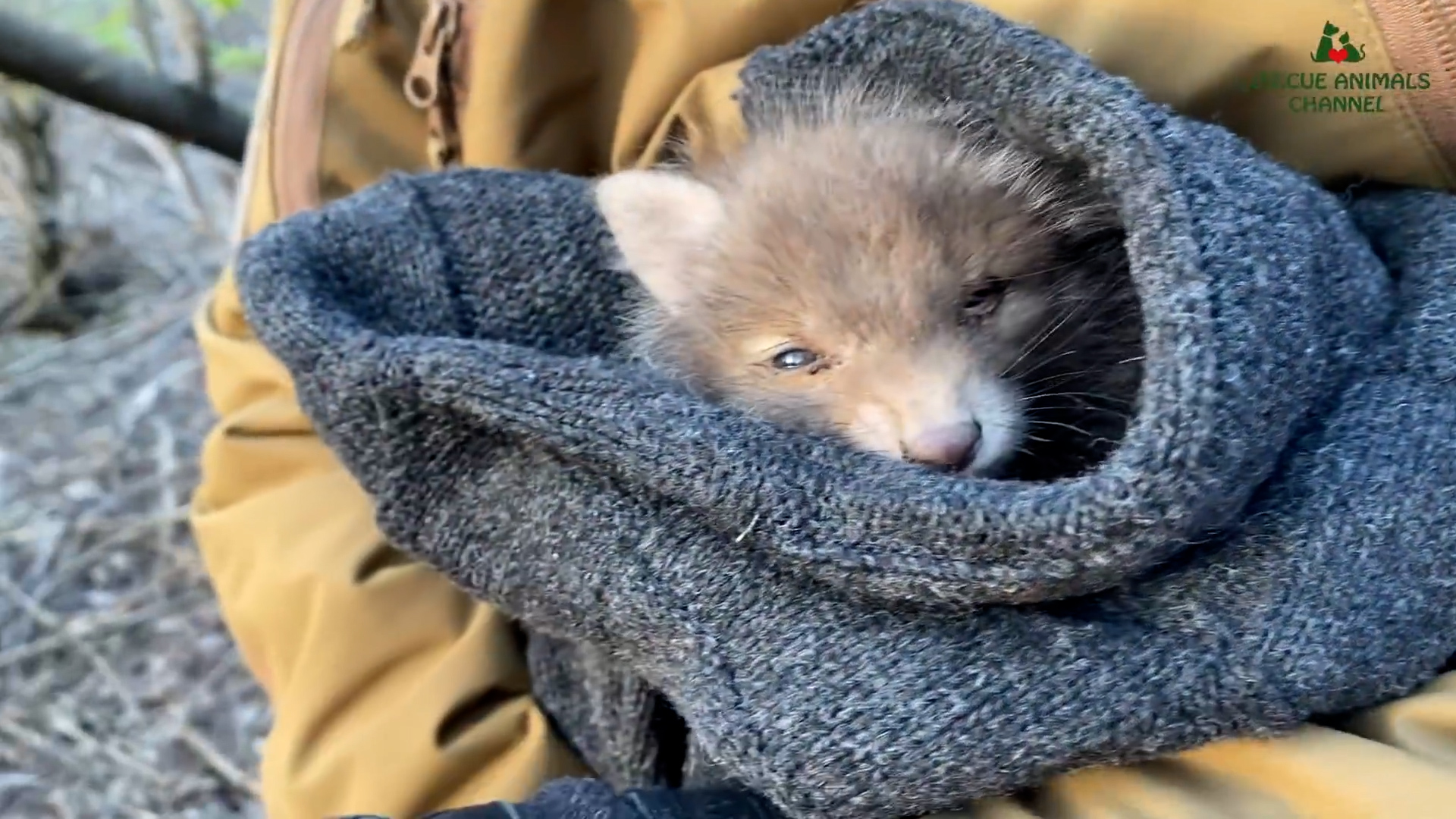
YouTube - A fox who became attached to a human after being rescued.
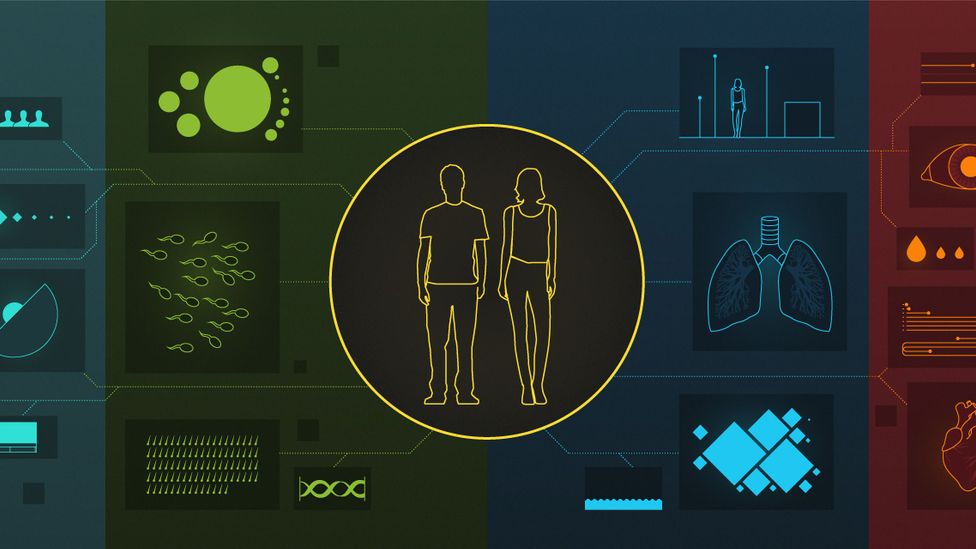
BBC - How Much of Your Body Is You? Our bodies are extraordinary. They contain elements that have a commercial value, megabytes of data, and trillions of cells, most of which aren't our own.
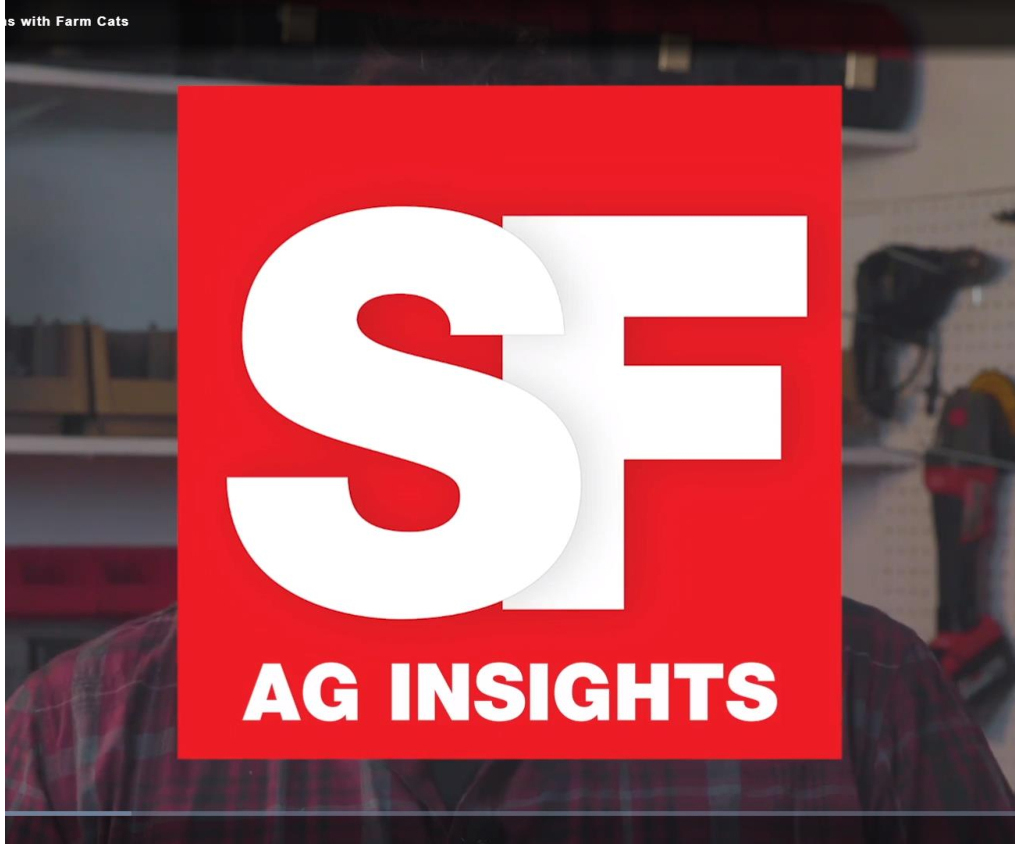
Successful Farming - The Shark Farmer's Farm Lessons with Farm Cats, with Rob Sharkey. Every farm should have a cat, right? Rob Sharkey, the Shark Farmer, shares a life lesson from his childhood about farm cats.
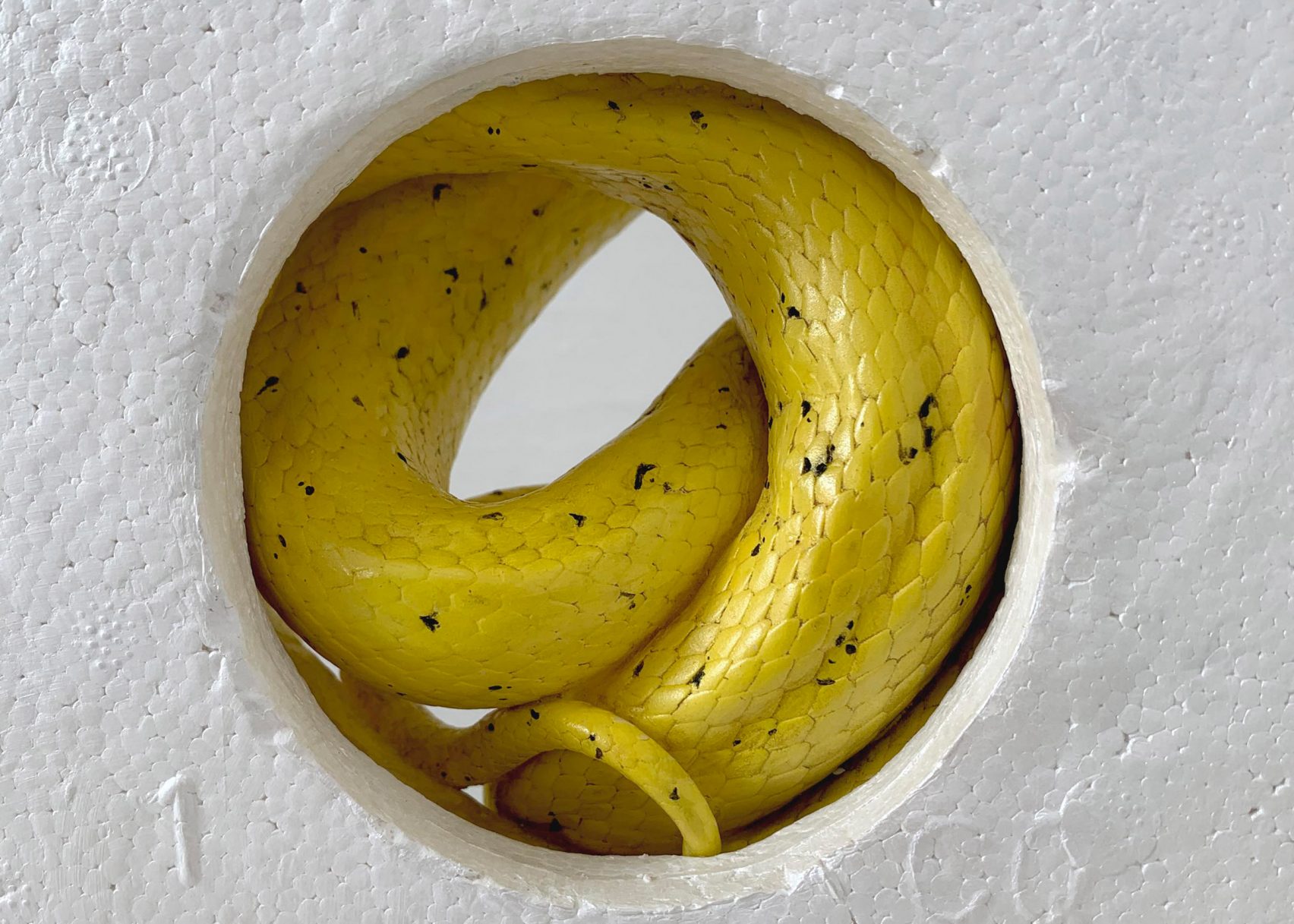
Dezeen - Squashed serpents feature in Polly Morgan's How To Behave At Home exhibition.
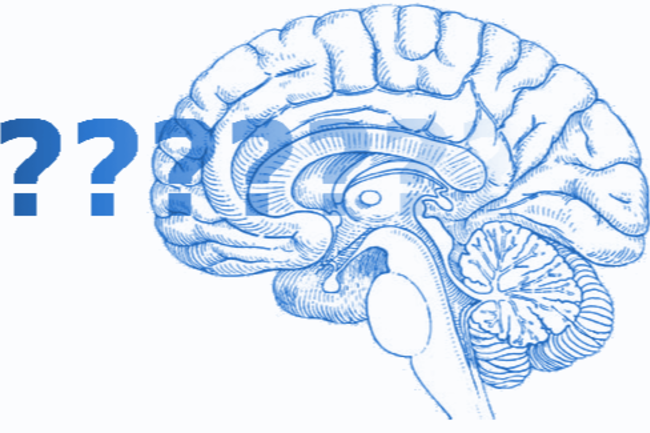
Discover - Are There Purposeless Behaviors? by Neuroskeptic.
Are habits goal-free behaviors, or does every habit actually serve a purpose?
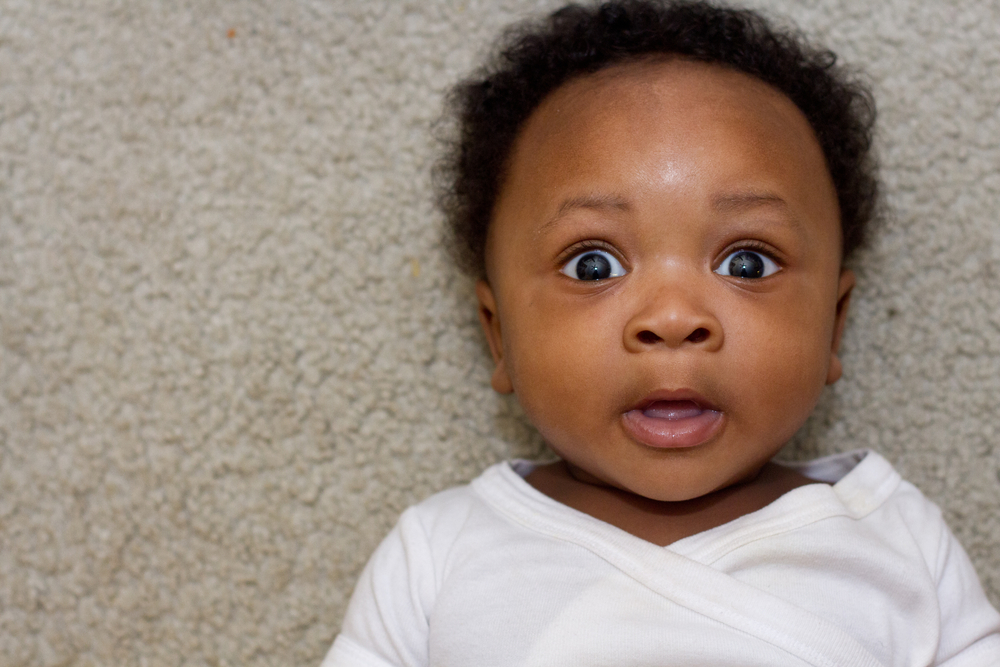
Relevant - Get Ready: A Jaw-Dropping Plummet in the Global Birth Rate is on the Way.

Explore Psychology - What is the Scarcity Principle? by Kendra Cherry.
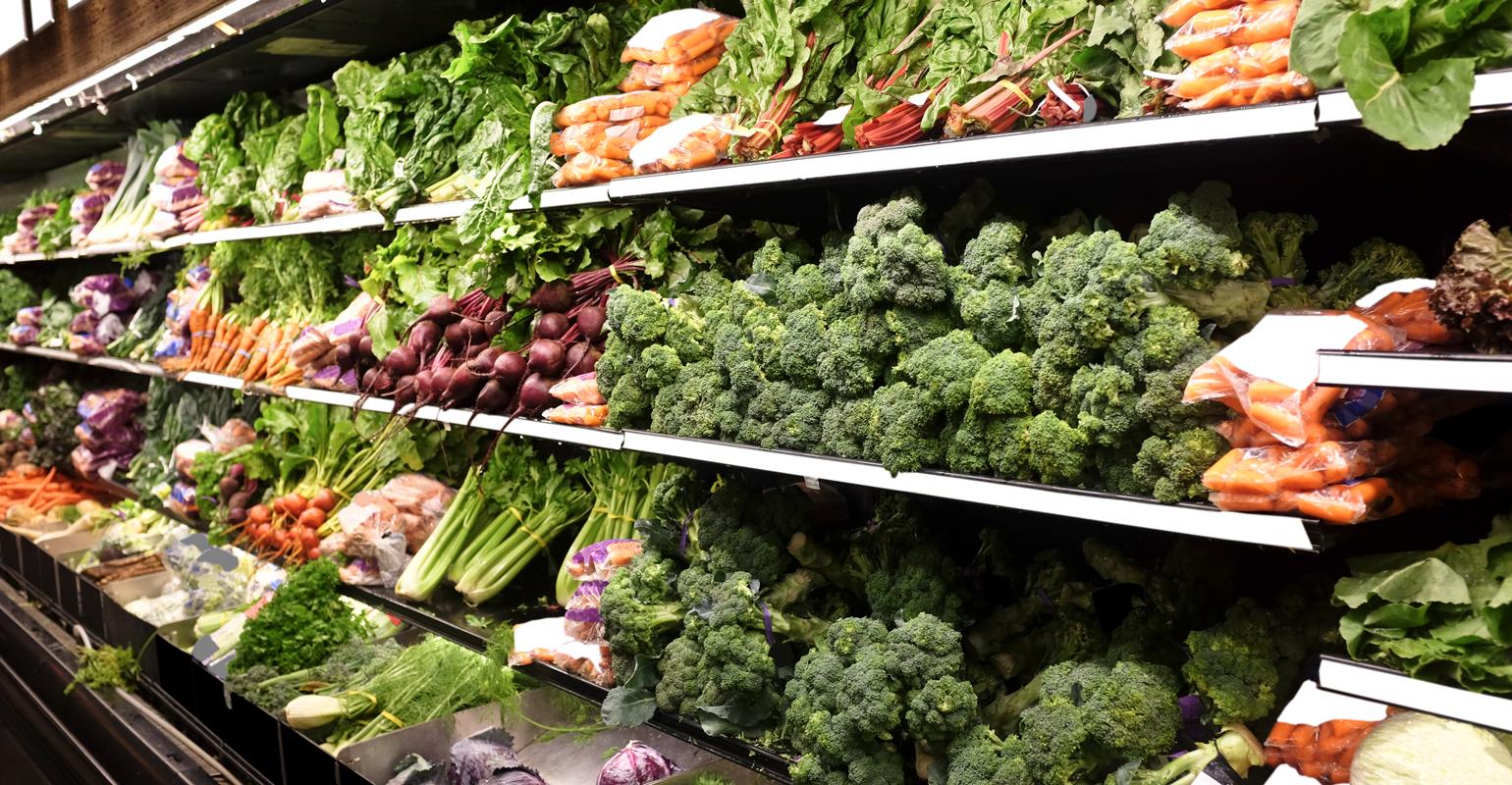
Western Farmer-Stockman - Crisis Brings Appreciation for Agriculture, by Dan Keppen.
It was nice to see the increased public appreciation surrounding 2020 National Agriculture Day just a few weeks ago. Increasingly, it seems like the average consumer believes that affordable, safe food magically appears on grocery store shelves. Many Americans likely do not realize that they are spending, on average, less than 8% of their disposable income on food. To put this into perspective, just 80 years ago, that figure was more than 25%.

Plough Magazine - Not So Simple, by Mark Boyle.
Who hasn’t dreamed of living a more wholesome, less frenetic life? Ten years ago economist Mark Boyle tried living without money. Two years ago he foreswore modern technology as well. We asked him what he’s learned since he ditched his stupid phone and logged off antisocial media.

BBC In Our Time - Human Nature, with Melvyn Bragg.
Melvyn Bragg and guests discuss the vexing issue of human nature. Some argue that we are born as blank slates and our natures are defined by upbringing, experience, culture and the ideas of our time. Others believe that human nature is innate and pre-destined, regardless of time and place. Is there really such a thing as human nature? And, if there is, can it be changed?

The Philosopher's Magazine - Things: In Touch with the Past, A Review by Erich Hatala Matthes. Relics, keepsakes, artworks, heirlooms, mementos, memorials. Despite their variety, all of these objects share a distinctive common feature: it matters to us that they are genuine, authentic, real. I have an insignia ring that belonged to my father. A replica or replacement wouldn’t do, because then it wouldn’t be my father’s ring. It is an object that, as Carolyn Korsmeyer puts it, embodies the past.
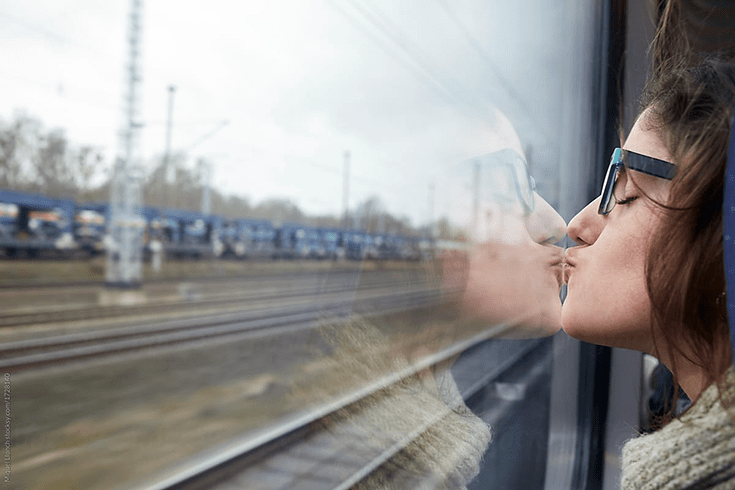
Lion's Roar - Healthy Self or No Self? by Barry Magid. Modern psychology encourages us to have a healthy sense of self, but Buddhism teaches that the self doesn’t even exist.

Crisis Magazine - The Prophets of Post-Humanism, by Michael Warren Davis. Andrew Yang is a man ahead of his time. Mark my words: within our lifetime, his ominous-sounding “Freedom Dividend—basically a universal basic income, or UBI—will become a plank of at least one of our two major political parties. And how could it be otherwise?
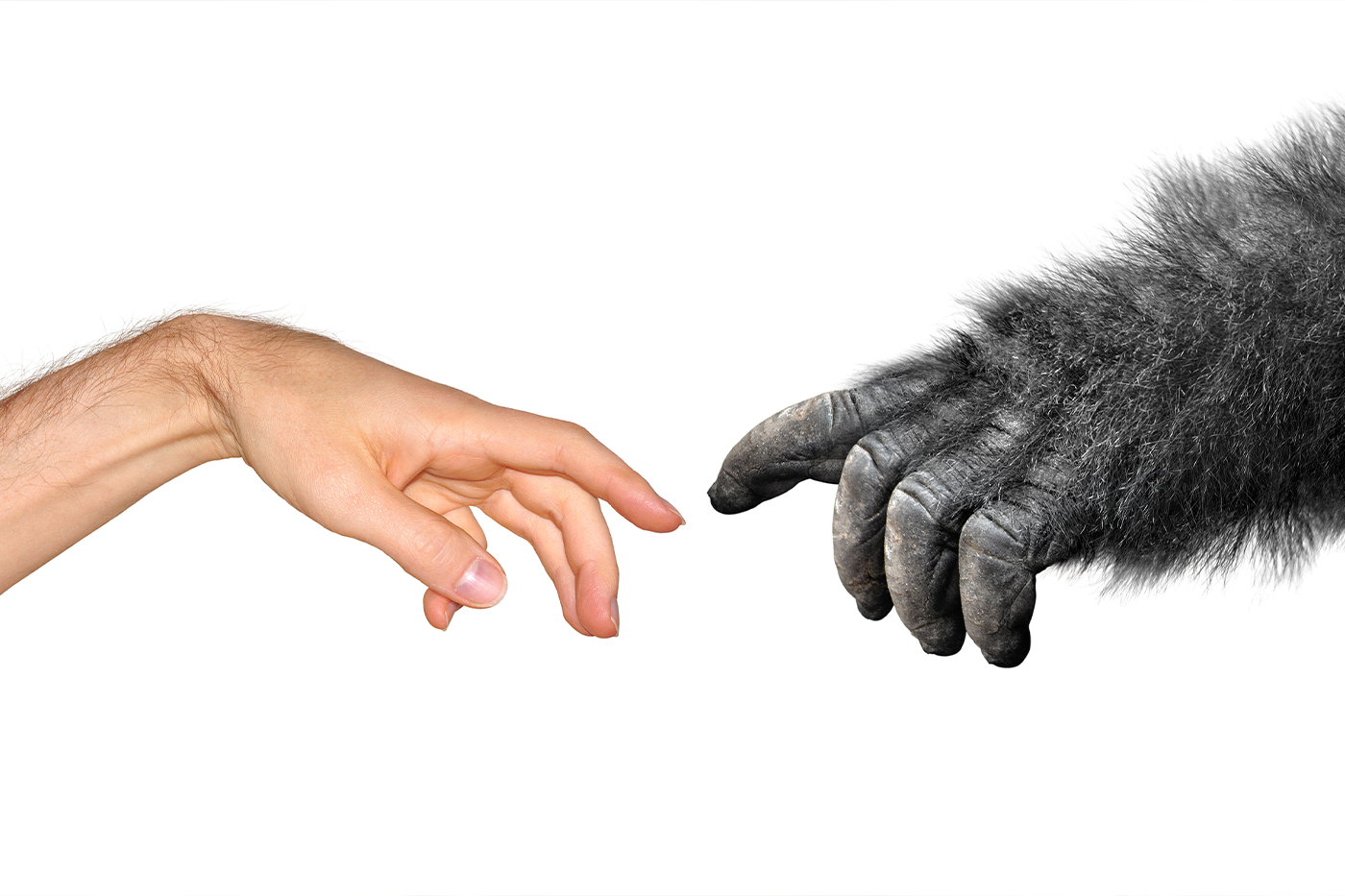
Public Discourse - Human Rights for Human Beings, by Randall Otto.
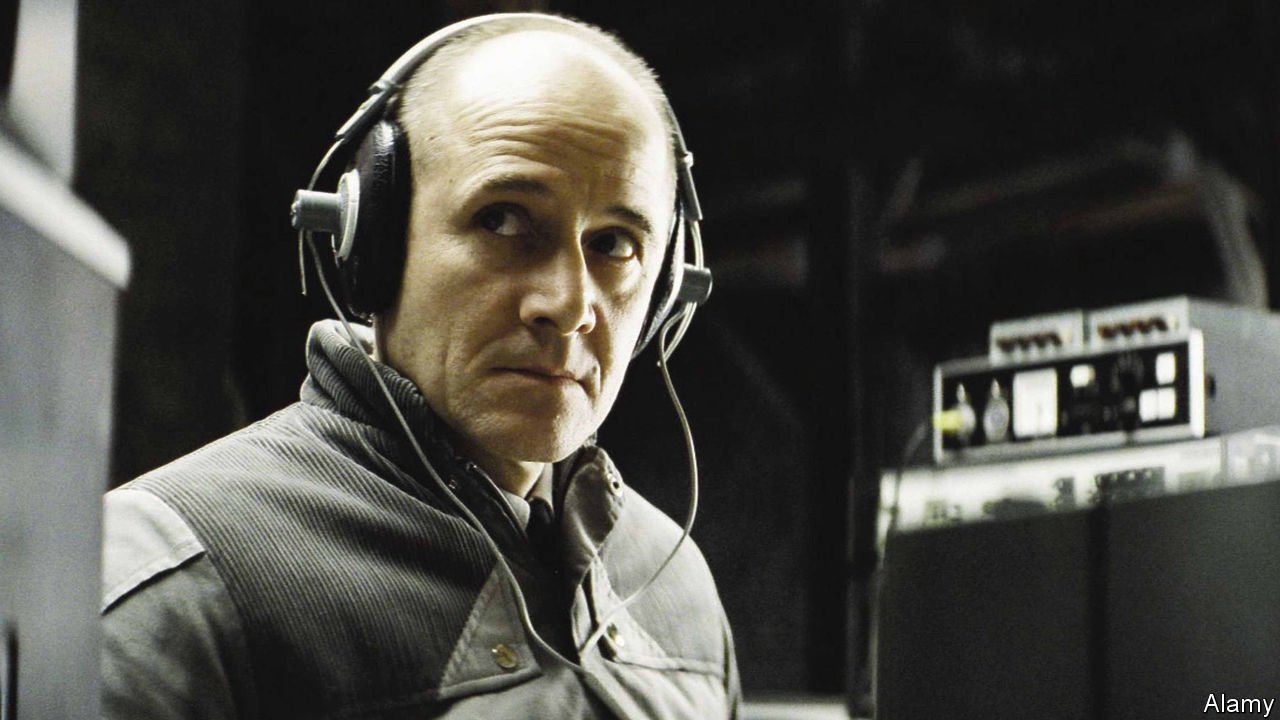
The Economist - Surveillance is a Fact of Life, So Make Privacy a Human Right.
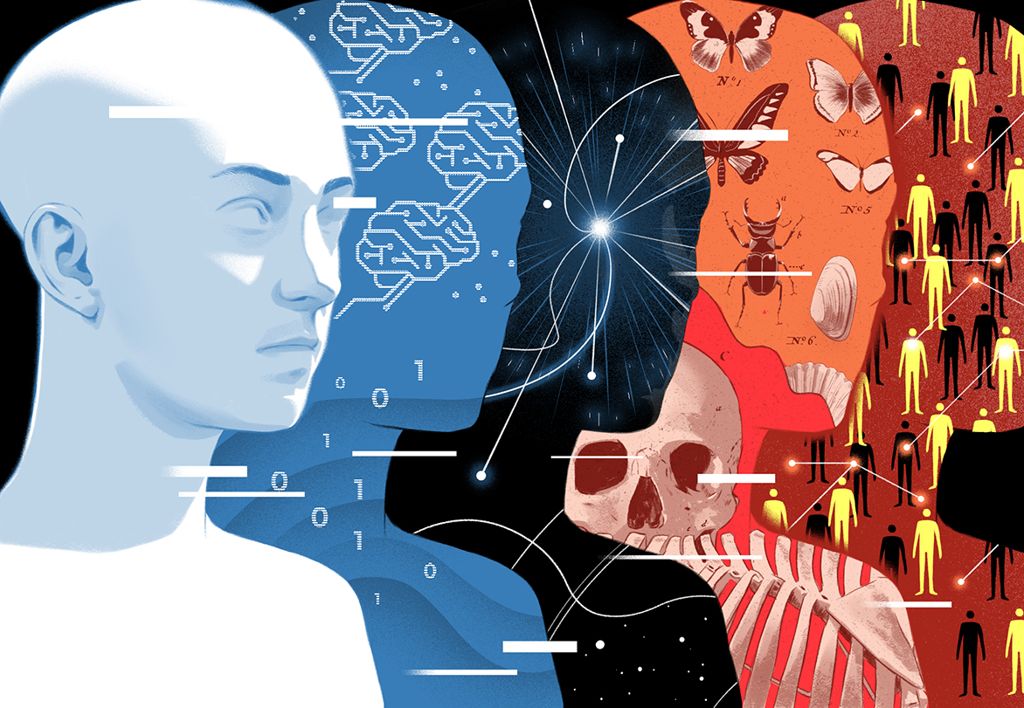
Nature - How Science Has Shifted Our Sense of Identity, by Nathaniel Comfort.
Biological advances have repeatedly changed who we think we are, writes Nathaniel Comfort, in the third essay of a series marking Nature’s anniversary on how the past 150 years have shaped science today.
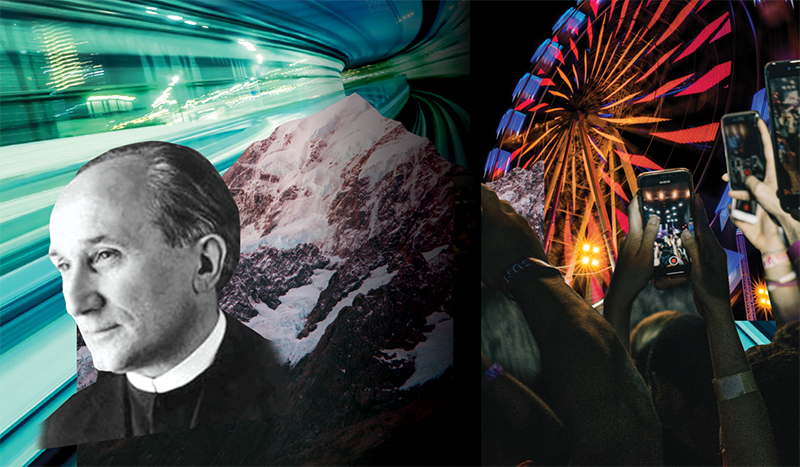
America, A Jesuit Review - How a 20th Century Theologian Became a Quiet Prophet for Our Distracted Age, by Robert Dean Lurie.
"I saw machines invading the land that had previously been the home of culture." - Roman Guardini, Letters from Lake Como
A curious thing can happen when a person leaves a place for years—or decades. The mind retains a snapshot of that place exactly as it was the last time one saw it. The rest of the world may move along, but the snapshot stays there, stubbornly pinned to a specific but increasingly distant date. And if one ever happens to return to that place, this fixed image can throw into relief changes one might not have grasped otherwise.

Pocket - In-Person Requests Are More Effective Than Electronic Ones, by Matthew Hutson.
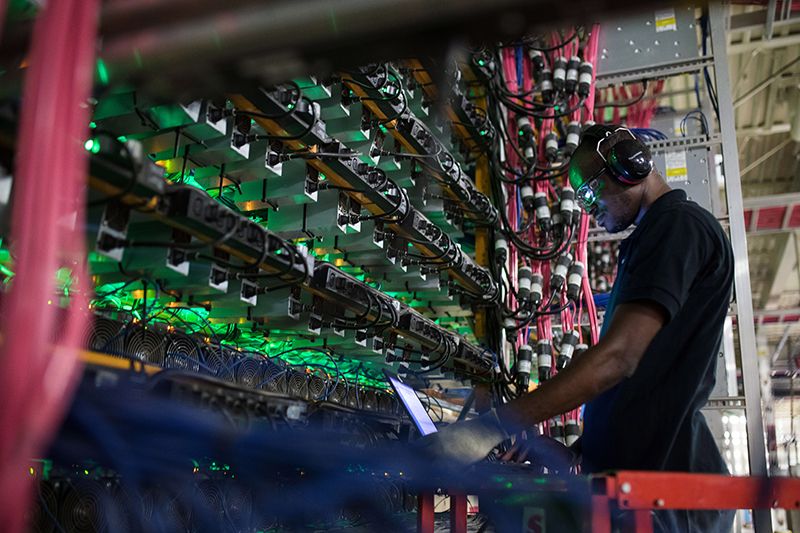
Nature - Book Review: The storied state of economics, by Tim Jackson. Robert Shiller’s new book probes how social behaviour trumps statistics in determining the fate of economies.
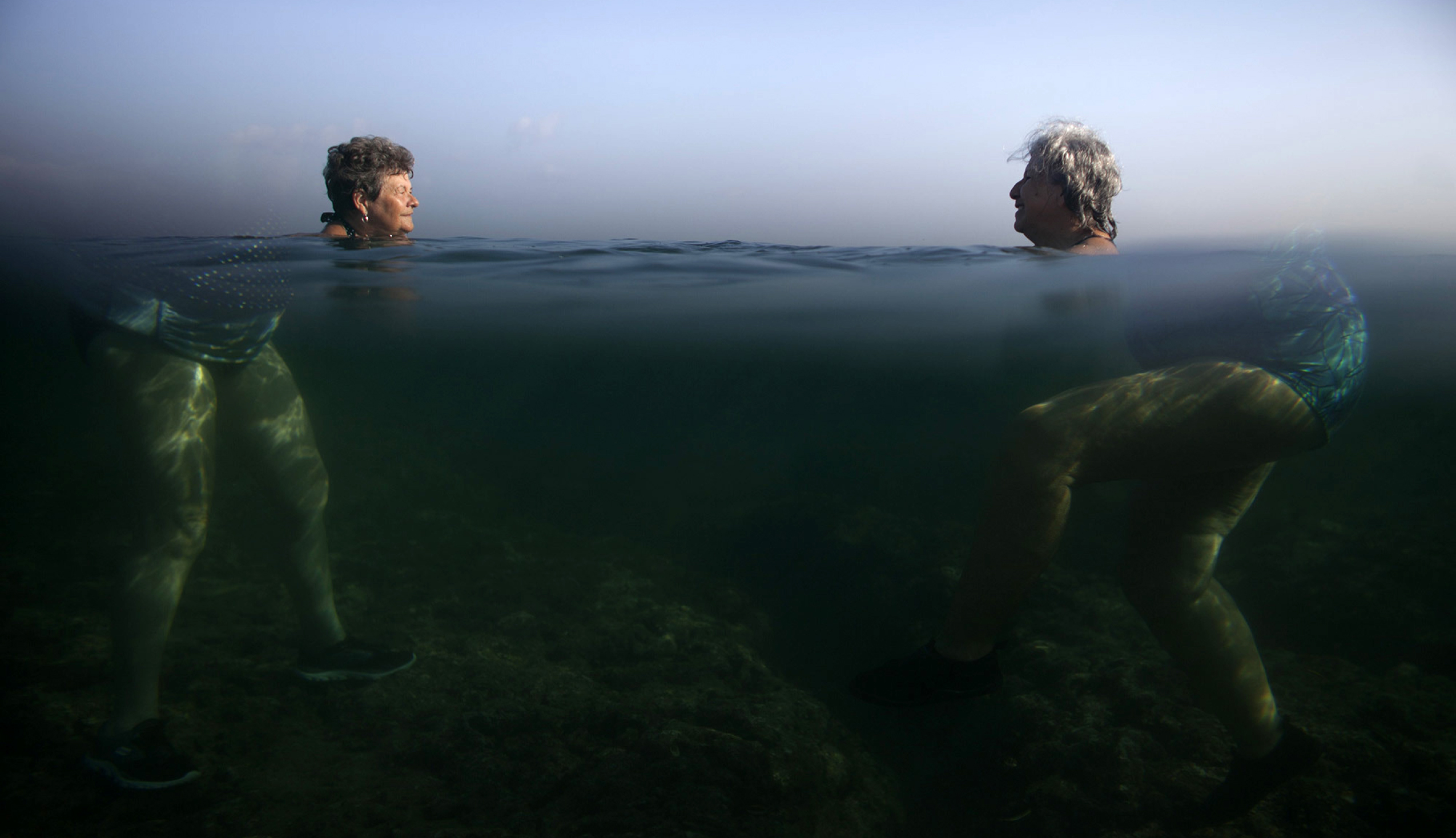
Aeon - Now You See It, by Daniel Yon. - The Book of Days (1864), by the Scottish author Robert Chambers reports a curious legal case: in 1457 in the town of Lavegny, a sow and her piglets were charged and tried for the murder of a partially eaten small child.
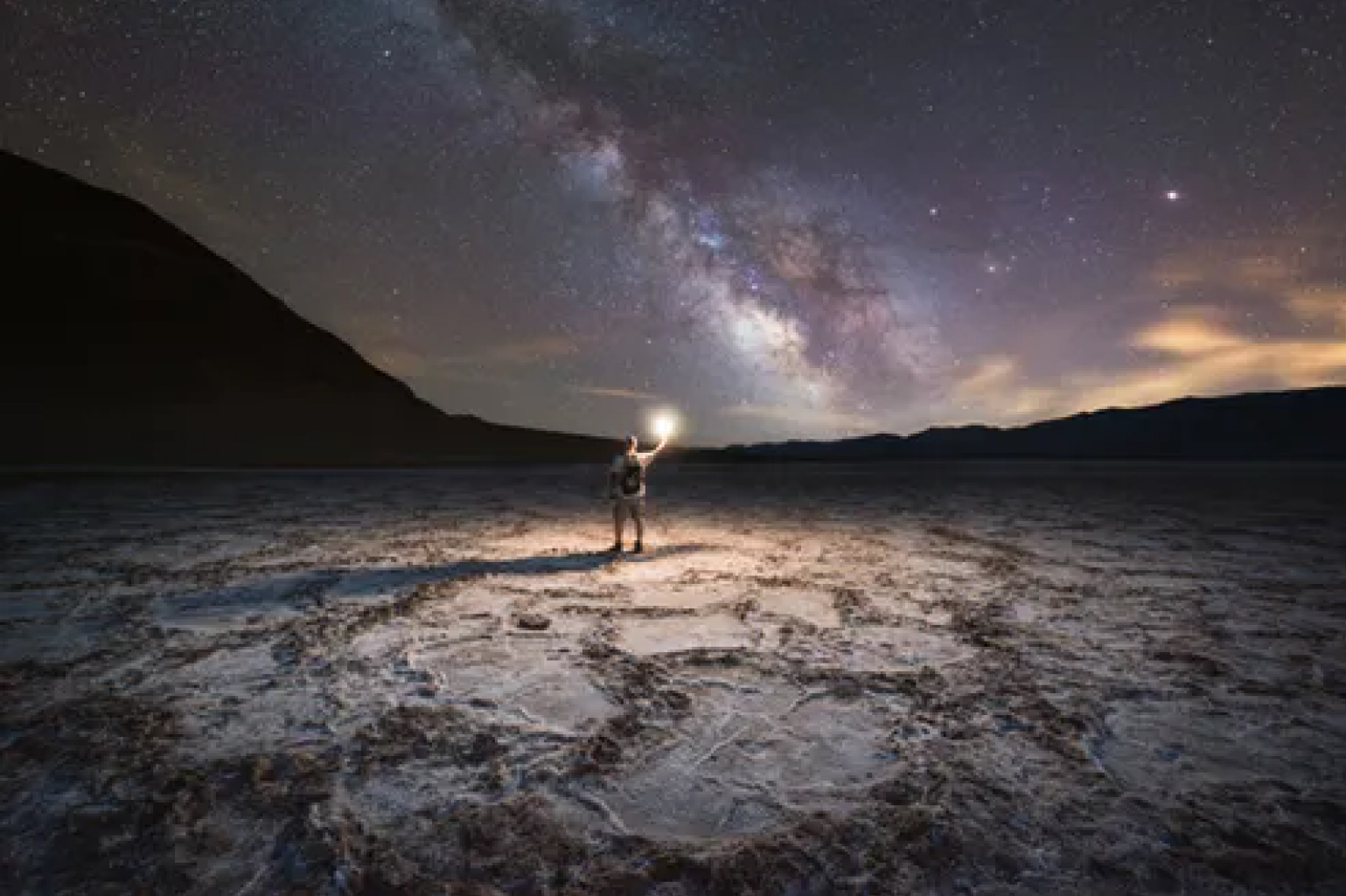
The Conversation - Human intelligence: have we reached the limit of knowledge? By Maarten Boudry.
Despite huge advances in science over the past century, our understanding of nature is still far from complete. Not only have scientists failed to find the Holy Grail of physics – unifying the very large (general relativity) with the very small (quantum mechanics) – they still don’t know what the vast majority of the universe is made up of.
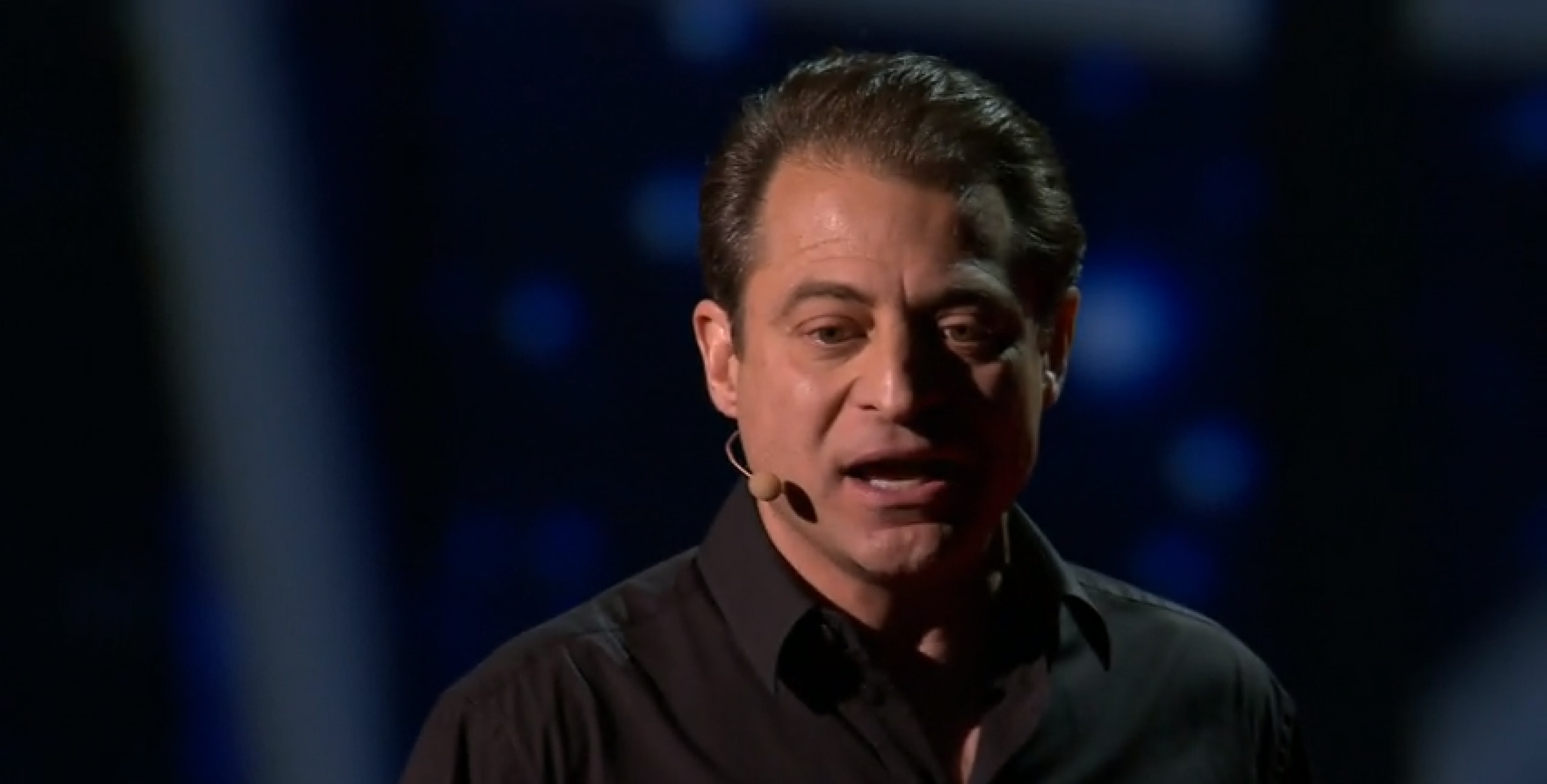
TED Talks - Abundance is Our Future
Onstage at TED, Peter Diamandis makes a case for optimism -- that we'll invent, innovate and create ways to solve the challenges that loom over us. "I’m not saying we don’t have our set of problems; we surely do. But ultimately, we knock them down.”
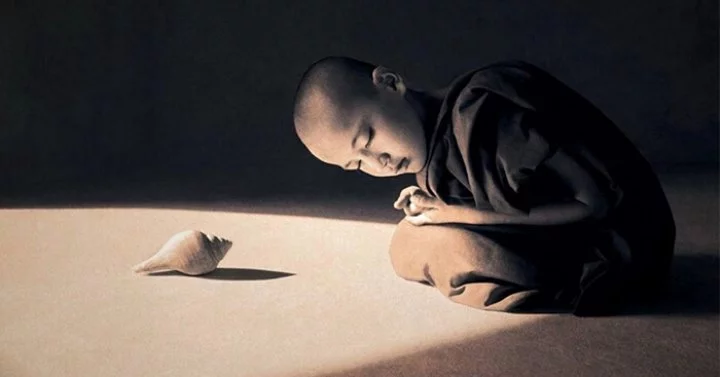
Uplift - Falling in Love with Mother Earth, by Thich Nhat Hanh.
The Earth is our mother, nourishing and protecting us in every moment–giving us air to breathe, fresh water to drink, food to eat and healing herbs to cure us when we are sick. Every breath we inhale contains our planet’s nitrogen, oxygen, water vapor and trace elements. When we breathe with mindfulness, we can experience our interbeing with the Earth’s delicate atmosphere, with all the plants, and even with the sun, whose light makes possible the miracle of photosynthesis. With every breath, we can experience communion. With every breath, we can savor the wonders of life.
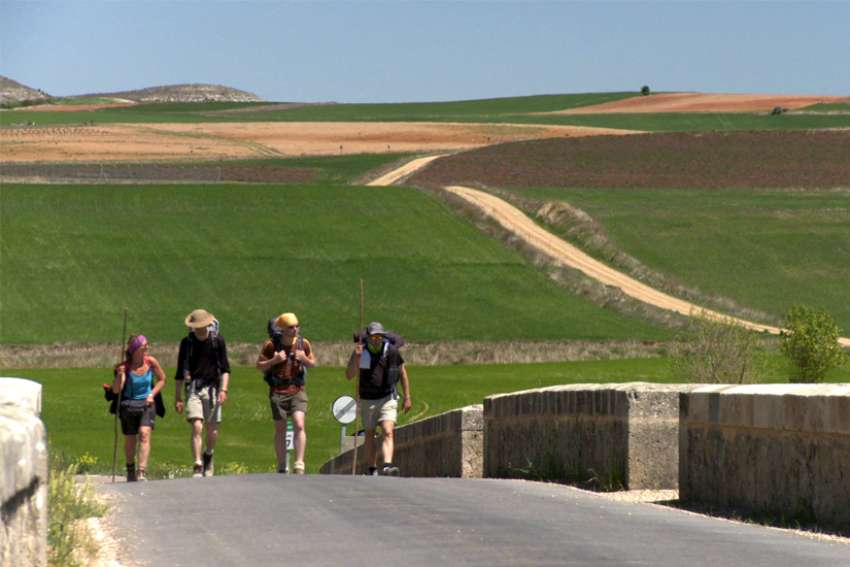
The Catholic Register - Speaking Out; The Purpose of Pilgrimages, by Vincent Pham.
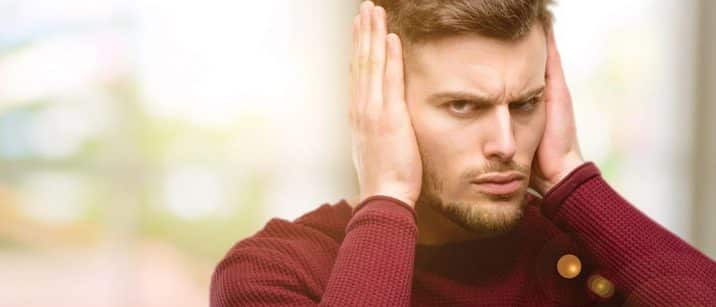
Catholic Journal - Hypersensitivity Revisited, by Vincent Ryan Ruggiero. s I noted several years ago, the United States has been suffering from an epidemic of hypersensitivity. Unfortunately, the problem seems to be growing worse. Manifestations can be found in schools, the workplace, at home, and in virtually every newscast.

Plough Magazine - All Sorts of Little Things; On Compassion in a Time of War, by Stephanie Saldaña and Cécile Massie. On Good Friday, photographer Cécile Massie was sitting in the chapel at the monastery of Deir Mar Musa in the heart of Syria, observing the monastic community at prayer, when a young Muslim visitor slipped in, carrying his prayer rug. He sought out a discreet corner of the chapel, turned towards Mecca, and began to pray.

New Advent - Evil, in a large sense, may be described as the sum of the opposition, which experience shows to exist in the universe, to the desires and needs of individuals; whence arises, among human beings at least, the sufferings in which life abounds. Thus evil, from the point of view of human welfare, is what ought not to exist.
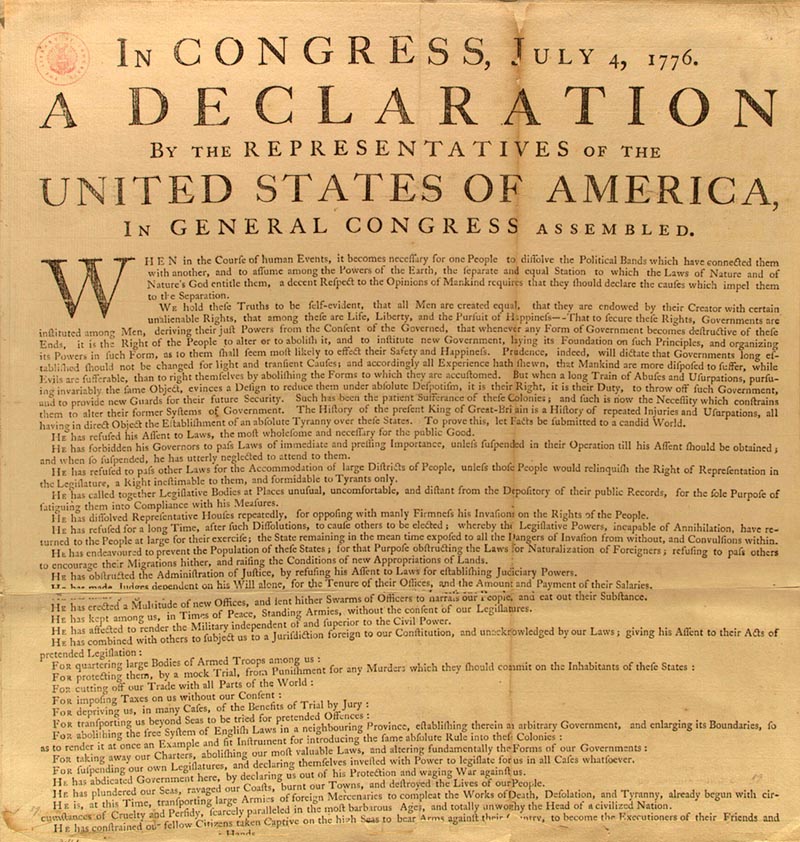
Plough Magazine - Freedom: A Declaration of Interdependence, by Charles E. Moore. The thought of a dismembered body part, like a severed finger or toe, both shocks and repulses us. It is incongruous and not quite human; removed from the body it is horrendously out of place.

Plough Magazine - Pursuing Happiness - Down Syndrome, Richard Dawkins, and Human Joy, by Erna Albertz.
In August 2014, a woman posed a hypothetical scenario to Richard Dawkins, the evolutionary biologist and well-known atheist, tweeting: “I honestly don’t know what I would do if I were pregnant with a kid with Down syndrome. Real ethical dilemma.” Dawkins tweeted back seconds later: “Abort it and try again. It would be immoral to bring it into the world if you have the choice.”
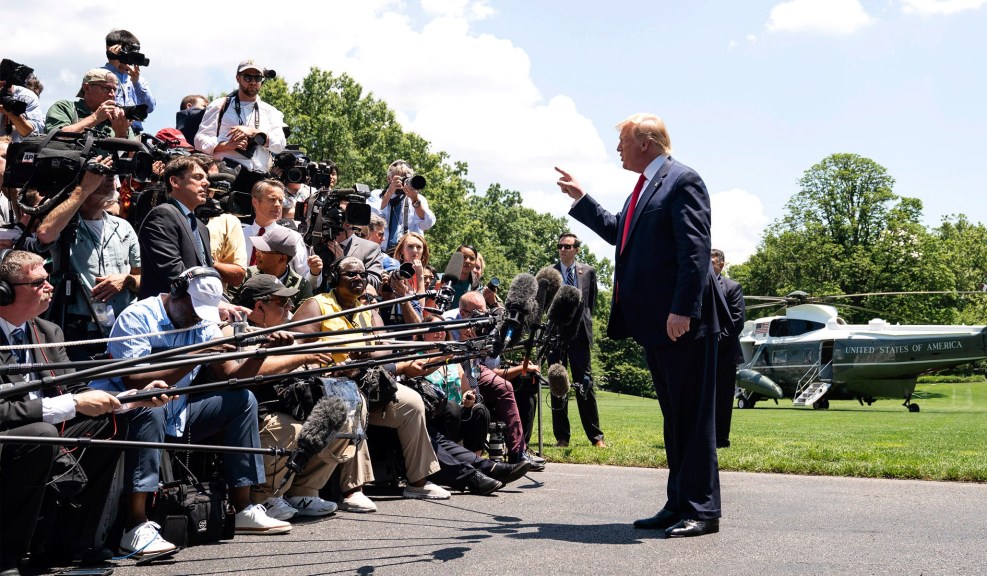
National Review - The Desire for Fake News Lives in All of Us, by Michael Brendan Doughtery.
Before we can tackle the problem, we must admit that it is a problem of demand, rather than supply.

Forbes - Neuroscience Explains Why Instagram Is So Bad For Teen Girls, by Nicole Fisher. Thanks to ongoing brain development and increased sensitivity to dopamine (a neurotransmitter associated with motivation, pleasure and reward), teenagers are more likely to crave reward-based experiences.
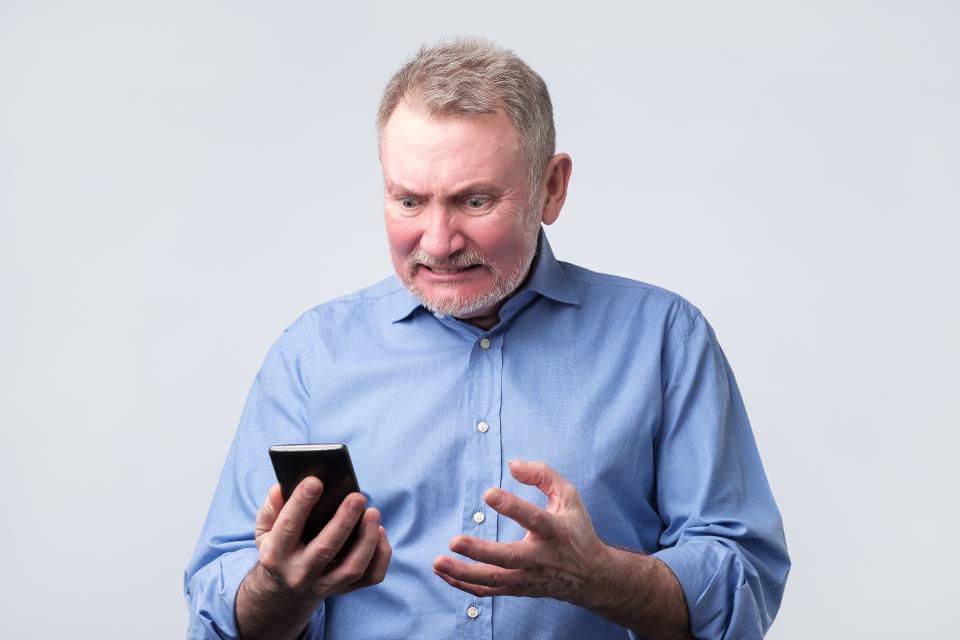
Forbes - We’re told older adults are embracing technology more than ever. And there’s no doubt that inventors in the digital space are scrambling to find ways to market their platforms and tools to them. (Think high tech wearables that monitor everything from blood pressure to daily steps taken, screen magnification, talk-to-text and even assistive domotics and home robots.) Still we all know at least one older person who can barely text let alone maneuver mobile apps. So while they may be purchasing laptops, smart phones and tablets and all of the possibilities they intend, many older adults say they still don't feel confident about using them.

Plough Magazine - The Soul of Work, by Eberhard Arnold.
The only work a person can do with his or her whole soul comes from love. And there is no love that does not get to work. Love is work, work of muscle and mind, heart and soul. This kingdom of love, therefore, this kingdom of the church and of the coming rule of God, must be a kingdom of work. Work – truly unselfish work – animated by the spirit of brotherhood will be the mark of the future, the character of the humankind to be.

The Atlantic - The Peculiar Blindness of Experts; Credentialed authorities are comically bad at predicting the future. By David Epstein. The bet was on, and it was over the fate of humanity. On one side was the Stanford biologist Paul R. Ehrlich. In his 1968 best seller, The Population Bomb...
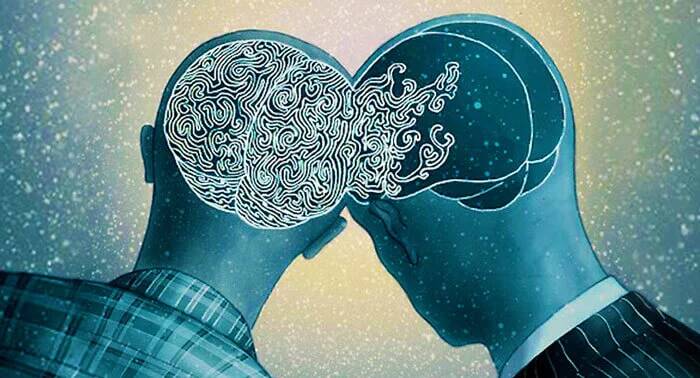
Uplift - Six Habits of Highly Empathic People, by Roman Krznaric. If you think you’re hearing the word “empathy” everywhere, you’re right. It’s now on the lips of scientists and business leaders, education experts and political activists. But there is a vital question that few people ask: "How can I expand my own empathic potential?"